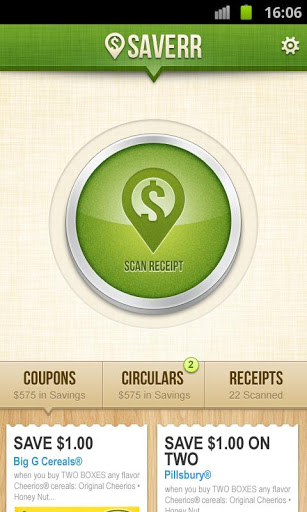 A new startup has sprung up in the town of Timberlea Nova Scotia, just outside Halifax. The startup, called eOLIO, is a content creation, sharing and brand management tool that helps connect people with great content to businesses. The idea came from founder Traci Johnstone after she went on the job hunt and realized there wasn’t a good product online that showed her perspective employers the breadth of her creativity.
A new startup has sprung up in the town of Timberlea Nova Scotia, just outside Halifax. The startup, called eOLIO, is a content creation, sharing and brand management tool that helps connect people with great content to businesses. The idea came from founder Traci Johnstone after she went on the job hunt and realized there wasn’t a good product online that showed her perspective employers the breadth of her creativity.
Branding, social and web identity are of paramount importance in today’s job race. Everyone has great resume items that show themselves off in the best possible light. How do you translate that to what you can do from your inner depths? Where does your creativity fit into all of this.
Naturally, most employers across the world vet candidates online, through Google searches and through social media. With eOLIO they can also see your creativity. The platform also directs businesses and perspective employers to what you want them to see first.
“eOLIO is about personal branding and our digital reputations — because how we represent ourselves online matters.” Johnstone said to us in the interview below.
As Johnstone prepares to launch her startup at the end of November, she took a few minutes to speak to us. Check out the interview below.













